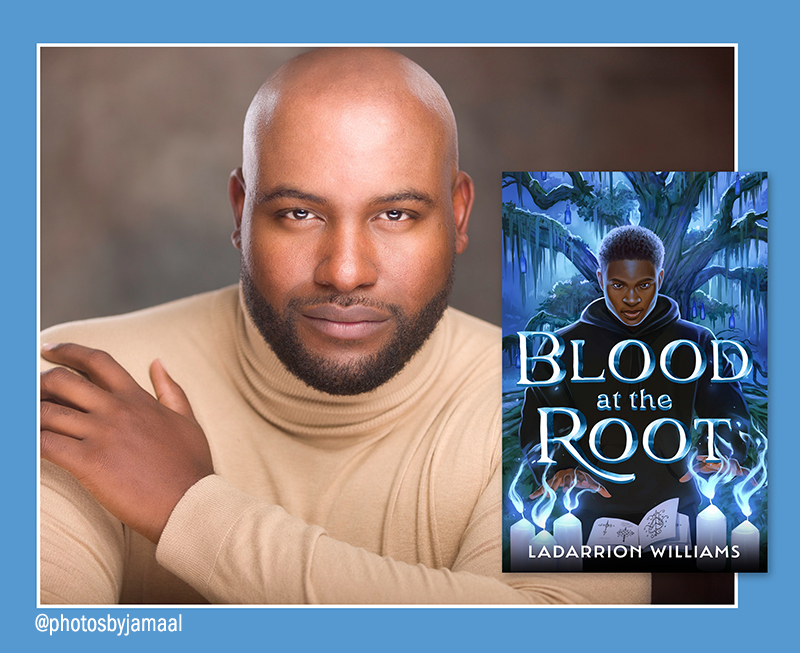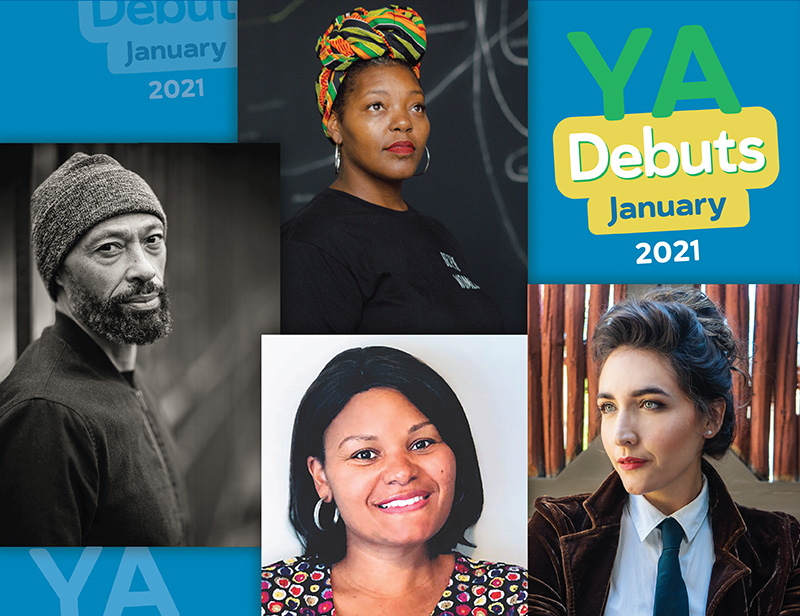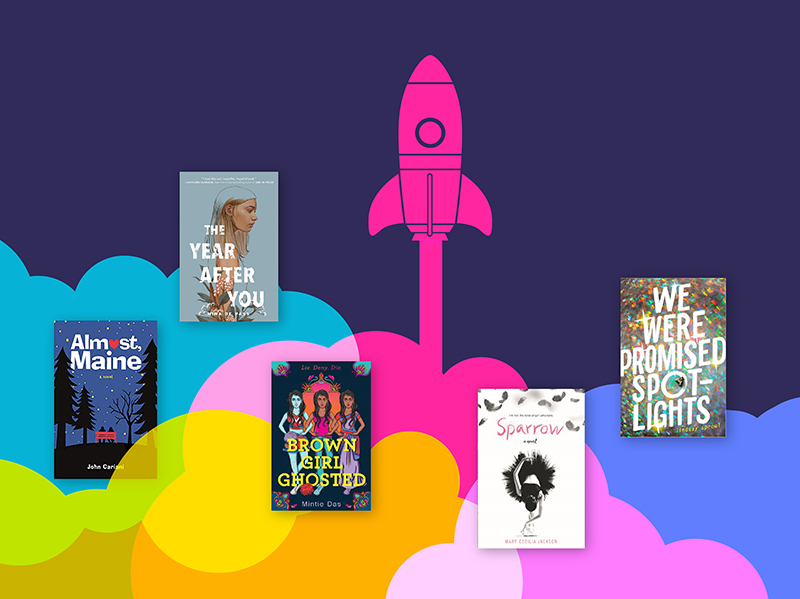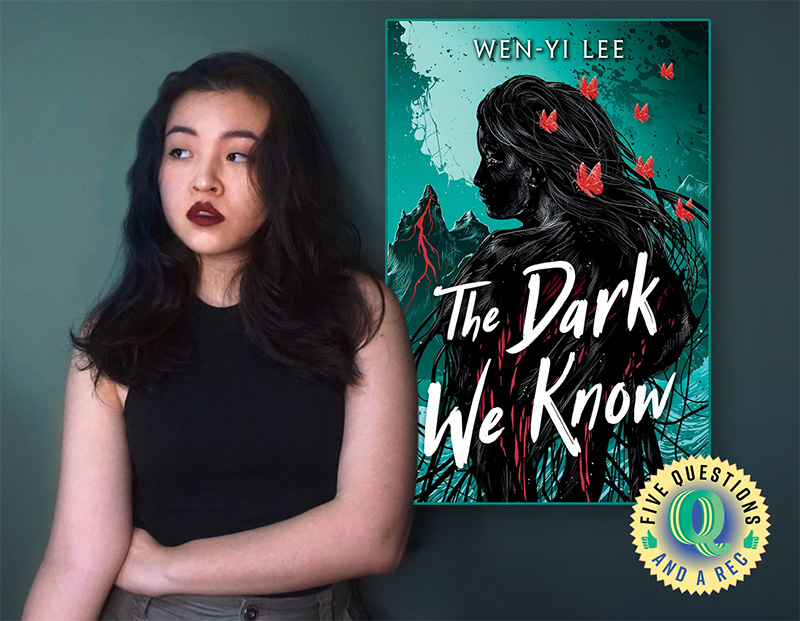The Power of Being Vulnerable, a guest post by Kate O’Shaughnessy
I was twenty-one years old the first time I had a panic attack.
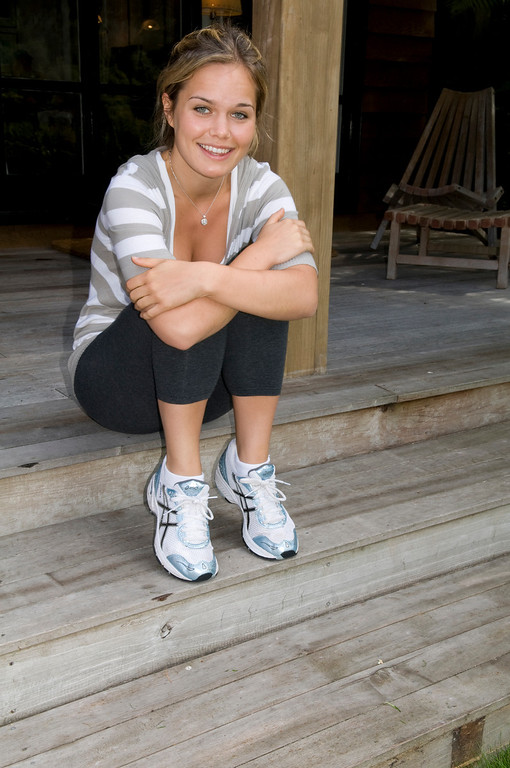
It was the tail-end of a long weekend in Myrtle Beach, South Carolina, right after my junior year of college had wrapped up. I was exhausted and ready to go home, the straps of an overstuffed backpack chafing against my sunburned shoulders as I wandered through the airport with a friend.
It came completely out of nowhere. We were browsing in a bookstore when my chest grew unbearably tight, like someone was sitting right on my sternum. My heart began to race and my breathing became shallow. The pressure in my chest was intense, and I was suddenly overwhelmed by an almost-prophetic sense of doom.
ADVERTISEMENT
ADVERTISEMENT
Is this how it feels when you’re about to die? I thought wildly. Had I drank too much that weekend? Had I gotten sun poisoning? Had all of that, plus the combination of not sleeping and being stressed about exams, done something terrible to my heart?
Panicked, I left the bookstore. I didn’t know what was happening to me. I went and sat on the floor outside, my back against the wall, desperately trying to get a deep breath. At that point, my vision was starting to go speckled and black around the edges.
“Are you okay?” My friend asked, now kneeling next to me. I must have looked terrible, because I can still remember the worry on her face.
“I don’t know,” I told her. “I think something’s wrong with my heart.”
Within minutes there were other people around me, too. Someone must have called a doctor, or whatever medical staff was on-site, because soon they were kneeling next to me, too, asking all kinds of questions.
My chest still felt scarily tight, but the “I’m about to die” feeling was fading. I’m okay, I said, I just want to go home. But given my symptoms, I was told that I wouldn’t be allowed on the flight and that an ambulance had been called.
And the ambulance did arrive. With a stretcher. I was horrified. I begged them to please let me walk, that I was starting to feel a little better, but I was told it was a matter of liability and I had to hop on up and let them strap me in.
For years, what I remembered most about this whole experience was the shame. That hot sluice of humiliation as I tried to hide my face from classmates who were watching me roll through the terminal.
At the hospital, the doctor gently suggested that it could be a mild inflammation of my heart’s lining, but that in all likelihood what I’d experienced was a panic attack.
Instead of listening, or asking more about panic attacks or what I could do to avoid them in the future, I clung to the first option, to the purely physical diagnosis, like it was a life raft. I told my worried friends that there was something up with my heart, that it wasn’t too serious, that a short course of anti-inflammatory pills should clear it up. I remember feeling like not all of them believed me. This made me sink deeper into that feeling of shame. I’d caused this whole big embarrassing scene, I told myself, for nothing.
I had more panic attacks after that. I white-knuckled through them. I didn’t talk about it. The embarrassment of that first panic attack had burrowed so deep that I was still ashamed. This went on for a long time.
During the course of all this, life went on. I graduated, traveled a ton, had a bunch of strange and interesting jobs, got married, and started writing.
I played around with a few different manuscripts before I started writing what turned into my middle grade debut, THE LONELY HEART OF MAYBELLE LANE. I started writing it because I’d just moved across the country, away from my family, and I was lonely. But then, I wrote more of myself into Maybelle. I gave her panic attacks, too.
It wasn’t something I remember actively deciding to do. They were just…one part of her. For her, they started after she and her mom could no longer afford their home and had to move, an event for which Maybelle blamed herself.
Writing the book—no, writing this specific part of her—was deeply cathartic for me. Because no one else in the story judges Maybelle for her panic attacks. There is care, there is love, there is support, but there is no judgement. Because what kind of person would judge an eleven-year-old kid for their mental health struggles? Nobody decent, I realized. So maybe that meant I could stop judging myself.
And so in the process of writing about Maybelle’s panic attacks, I became more open about talking about my own. When a friend mentioned a panic attack she’d experienced, I told her that I got them, too. I started opening up about it; I let myself be vulnerable first in my writing, and then in my real life.
Funnily enough, my memory of that first panic attack started to change. I now remember it with tenderness toward myself instead of self-reproach, because I was essentially just a scared kid who had no idea what was happening to her.
Because here’s the secret: vulnerability can sometimes feel like the end of the world, but what it’s actually the end of is shame.
If you’re in a place of shame about anything, my advice is to open up. Shame dies in the light. Good people will want to support and love you. So rip the curtains aside. Talk about it. Be vulnerable. Be vulnerable in your writing, in your relationships, in your life. It can be scary, but I promise: it’s so worth it.
Meet Kate O’Shaughnessy

ADVERTISEMENT
ADVERTISEMENT
Kate O’Shaughnessy writes middle grade fiction. She has been a chef, earned a fellowship with the Yale Sustainable Food Program, and backpacked around the world. She and her husband live in Berkeley, CA. You can read more about her at kloshaughnessy.com and follow her on Twitter at @kloshaughnessy. The Lonely Heart of Maybelle Lane is her debut novel.
Links:
www.twitter.com/kloshaughnessy
www.instagram.com/kloshaughnessy
About The Lonely Heart of Maybelle Lane
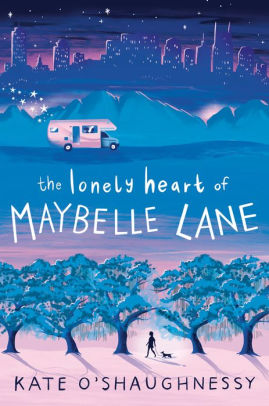
This sparkling middle-grade debut is a classic-in-the-making!
Maybelle Lane is looking for her father, but on the road to Nashville she finds so much more: courage, brains, heart—and true friends.
Eleven-year-old Maybelle Lane collects sounds. She records the Louisiana crickets chirping, Momma strumming her guitar, their broken trailer door squeaking. But the crown jewel of her collection is a sound she didn’t collect herself: an old recording of her daddy’s warm-sunshine laugh, saved on an old phone’s voicemail. It’s the only thing she has of his, and the only thing she knows about him.
Until the day she hears that laugh—his laugh—pouring out of the car radio. Going against Momma’s wishes, Maybelle starts listening to her radio DJ daddy’s new show, drinking in every word like a plant leaning toward the sun. When he announces he’ll be the judge of a singing contest in Nashville, she signs up. What better way to meet than to stand before him and sing with all her heart?
But the road to Nashville is bumpy. Her starch-stiff neighbor Mrs. Boggs offers to drive her in her RV. And a bully of a boy from the trailer park hitches a ride, too. These are not the people May would have chosen to help her, but it turns out they’re searching for things as well. And the journey will mold them into the best kind of family—the kind you choose for yourself.
ISBN-13: 9781984893833
Publisher: Random House Children’s Books
Publication date: 03/03/2020
Age Range: 8 – 12 Years
Filed under: Uncategorized
About Amanda MacGregor
Amanda MacGregor works in an elementary library, loves dogs, and can be found on Twitter @CiteSomething.
ADVERTISEMENT
ADVERTISEMENT
SLJ Blog Network
Coming Soon: The Top 10 Posts of 2024
31 Days, 31 Lists: 2024 Fantasy Books for Kids
Exclusive: Papercutz to Publish Mike Kunkel’s Herobear | News and Preview
The Seven Bills That Will Safeguard the Future of School Librarianship
ADVERTISEMENT




